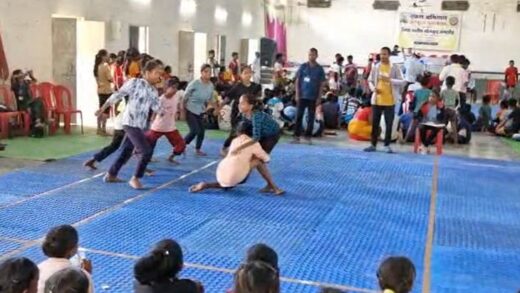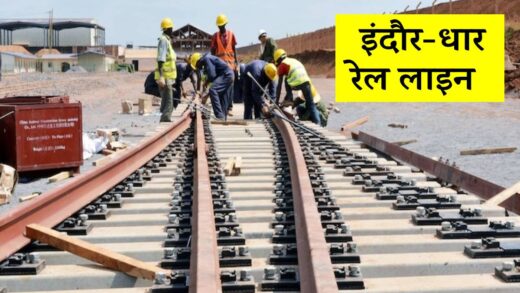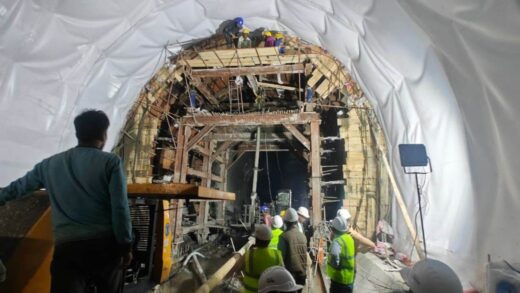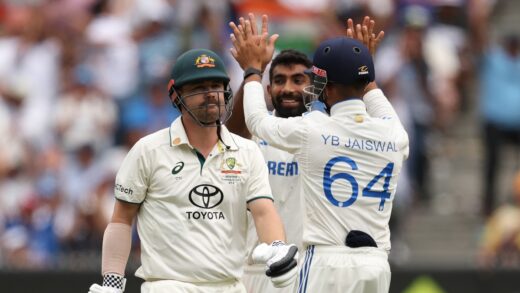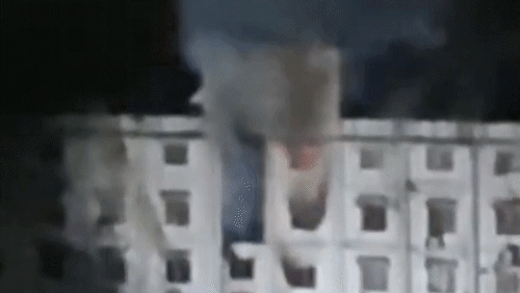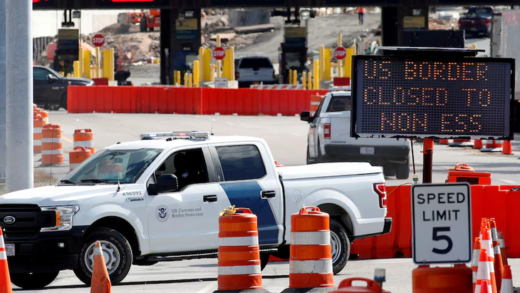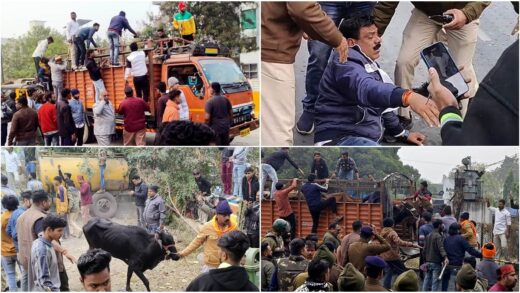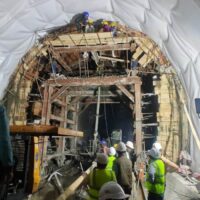Sri Lanka’s new president has dissolved parliament to make way for a snap general election.
Anura Kumara Dissanayake dissolved the 225-member parliament in which his left-leaning National People’s Power (NPP) alliance had just three seats.
The election will take place on 14 November, almost a year ahead of schedule, according to a notification in the official government gazette.
The president also selected his ally Harini Amarasuriya as prime minister on Tuesday, choosing a woman for the third time in the country’s history.
Dissanayake won the nation’s presidential election on Saturday.
He had signalled he would dissolve parliament soon after being elected to seek a fresh mandate to pursue his policies. He previously said there was “no point continuing with a parliament that is not in line with what the people want”.
The last general election in Sri Lanka, where MPs are elected for a five-year term, took place in August 2020.
Dissanayake, who has drawn increasing support in recent years for his anti-corruption and anti-poverty policies, won the country’s first election since its economy collapsed in 2022 sparking protests and forcing then-President Gotabaya Rajapaksa to flee and resign.
It was a remarkable turnaround for a politician who won just 3% in the 2019 presidential election.
Dissanayake’s immediate challenge is to renegotiate parts of a $2.9bn bailout deal with the International Monetary Fund (IMF) that has involved painful austerity measures.
Soon after taking over, the new president said he had no magic solution to hardships people were facing, but would seek a collective effort to end the crisis.
In Sri Lanka the president heads the cabinet and appoints ministers from MPs, while the prime minister acts as the president’s deputy and leads the ruling party.
Just before Dissanayake took the oath as president on Monday, Dinesh Gunawardene resigned as prime minister.
His replacement Amarasuriya is one of the three NPP MPs. The former university lecturer was also given ministerial responsibility for justice, education and labour.
Remaining interim cabinet roles were shared out between the two others.
Amarasuriya campaigned alongside Dissanayake in 2019, before being elected as an MP the next year.
Her career as a public activist started in 2011, when she participated in protests demanding for free education.
The 54-year-old has since become known for her advocacy for youth development, child protection and gender inequality, among other social justice issues.
Her appointment as Sri Lanka’s 16th prime minister makes her the first academic to take office. She follows in the footsteps of just two other women – Sirimavo Bandaranaike and Chandrika Bandaranaike Kumaratunga – both of whom had family ties to politics. A woman has not held the role since 2000.
Source link
#Sri #Lankas #president #dissolves #parliament



